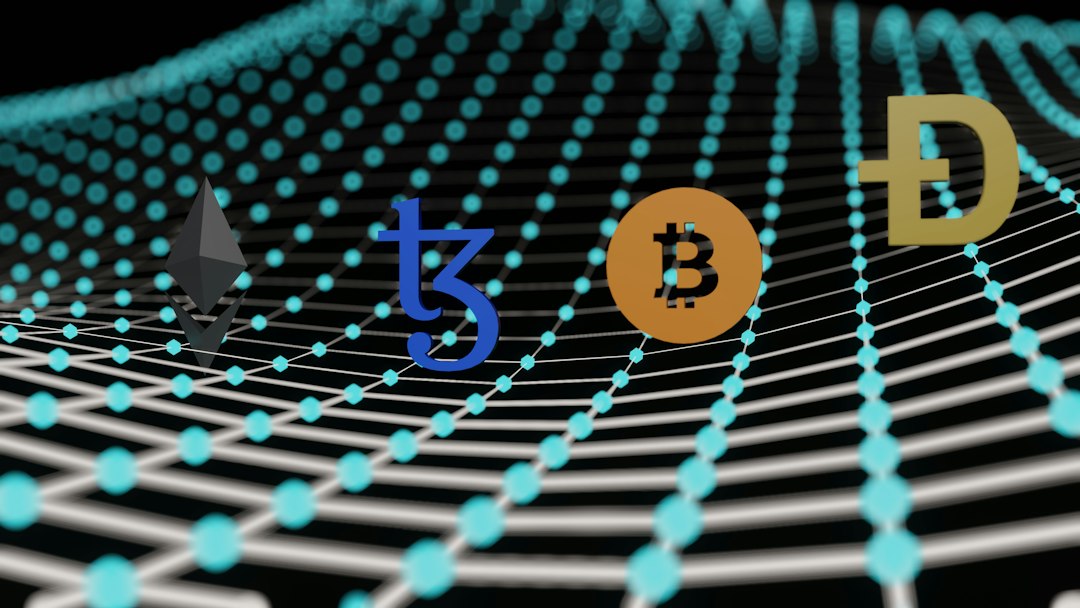The Launch of Worldcoin: A Controversial Digital ID Crypto Project
The controversial digital ID crypto project Worldcoin launched on July 24 after three years of development. The project aims to create a futuristic digital identity system based on scanning people’s eyeballs. Worldcoin claims that as AI technology advances, it will become increasingly difficult to differentiate between humans and bots online. To address this, the project created a digital ID system based on “proof of personhood” generated by scanning an individual’s iris. Despite controversy, Worldcoin secured $115 million in funding and garnered over 2 million signups before its launch.
Worldcoin Ecosystem
- World ID: A privacy-focused digital identity that authenticates users’ identity online while protecting their anonymity
- Worldcoin (WLD) Token: Used for transactions within the Worldcoin ecosystem
- World App: Functions as a wallet and offers decentralized finance services, with users’ unique World ID generated by an iris scan
- Orb: Used for iris scanning, allowing users to receive 25 WLD tokens
- Listed on Cryptocurrency Exchanges: Binance, Bybit, OKX, Gate.io, and Huobi have listed the WLD token
Criticism over Data Privacy
Worldcoin has faced criticism from privacy activists, cybersecurity experts, and crypto enthusiasts. Concerns have been raised about the method used to create World IDs, potential data breaches, and deceptive marketing practices. Reports also suggest that a significant number of early signups came from countries with less stringent data and privacy laws. Worldcoin claims to have implemented a privacy-centric design and has responded to individual requests to delete personal data.
Regulatory Challenges and Investigations
Worldcoin is launching in 35 cities across 20 countries but is not available for use in the United States. The project may also face regulatory challenges from the European Union and countries like India. The UK’s data regulatory body and the French privacy watchdog have expressed interest in investigating Worldcoin. The nature of Worldcoin’s operations, which involve building a biometric database, poses challenges in complying with strict data protection laws. Unintended consequences and the potential misuse of biometric data have also been raised as concerns.
Hot Take: User Privacy and Security in the Age of AI
As AI technology continues to advance, regulators must keep up with the times to ensure user privacy and security. Projects like Worldcoin bring both innovation and risks to the table. While the concept of a digital ID system based on biometrics may have its benefits, it must be implemented with utmost care and transparency to address concerns regarding data privacy and potential misuse. Finding the right balance between technological advancements and protecting user rights will be crucial as we navigate the future of digital identities.





 By
By
 By
By
 By
By

 By
By
 By
By